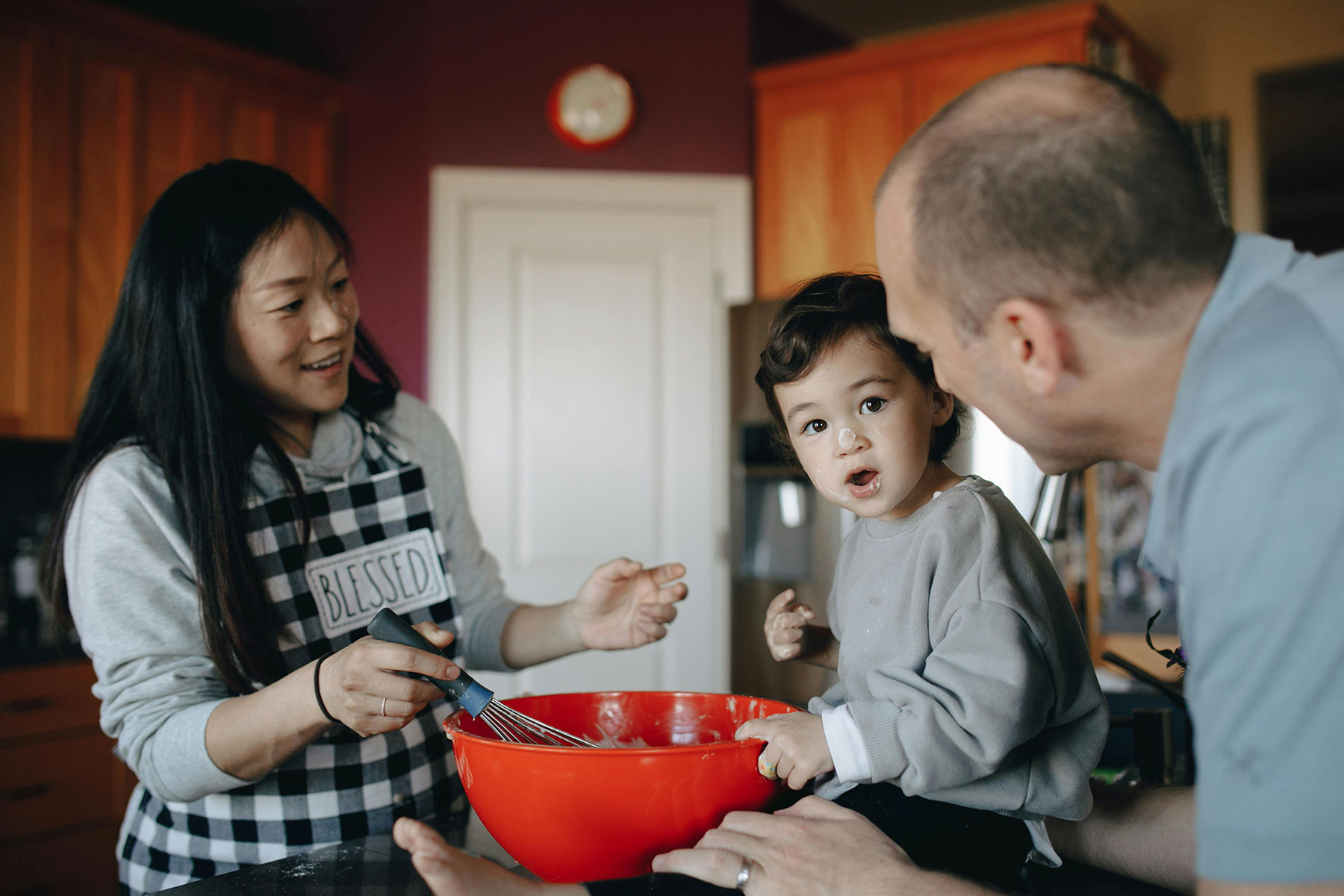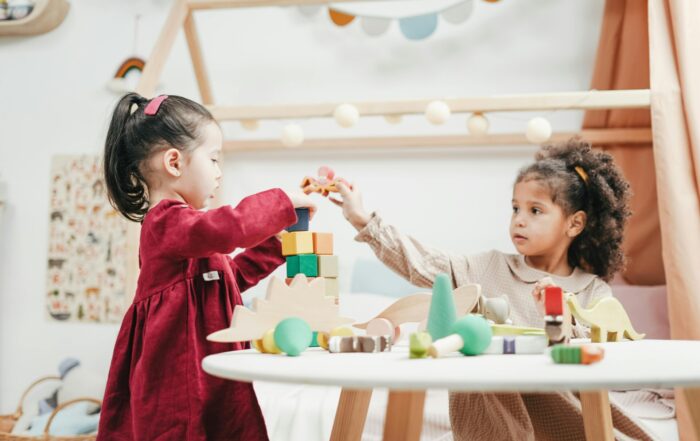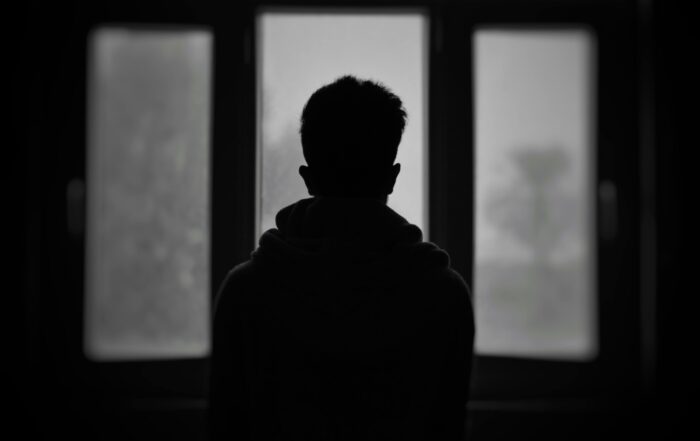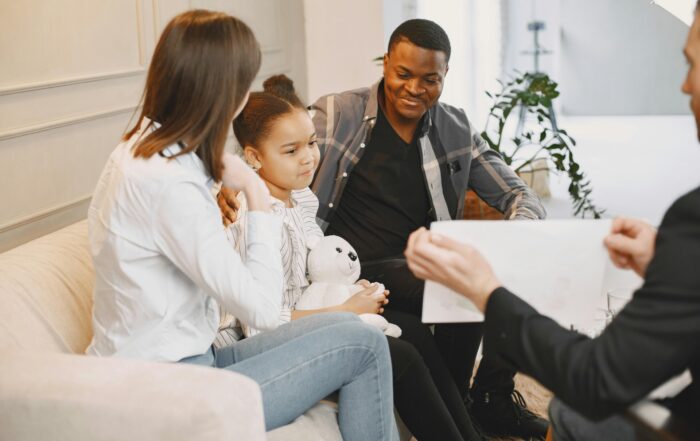
By Amanda Merck
Oprah Winfrey is raising awareness about childhood trauma and the need for trauma-informed care.
Childhood trauma—like abuse, neglect, and poverty—changes a child’s brain, body and behavior.
Behavior is often the first “red flag” of trauma.
But too often caregivers, teachers, and law officers misinterpret that red flag as “bad behavior” that needs “fixing.” They are rarely trained on the science of childhood trauma and how it affects Latino and all children.
That is why Oprah Winfrey returned the city where she grew up facing poverty, sexual abuse and other negative experiences to explore the science of childhood trauma on 60 Minutes with trauma expert Dr. Bruce Perry.
Share This Post!
The Link Between ADHD and Trauma
By Medical News Today Attention deficit hyperactivity disorder (ADHD) is a common neurodevelopmental disorder that often begins in childhood. Studies have found that trauma occurring in childhood may exacerbate or predict [...]
5 Reasons Why We Blame Ourselves After Trauma
By Kaytee Gillis, LCSW-BACS As a therapist who works with survivors of childhood trauma, I find that self-blame is a common part of their experience. As a survivor myself, I experience [...]
Child-Parent Psychotherapy Resources
By University of California, San Francisco Child-Parent Psychotherapy (CPP) is an intervention model for children aged 0-5 who have experienced at least one traumatic event (e.g. maltreatment, the sudden or traumatic [...]
Caring for Caregivers Experiencing Secondary Trauma
By Heather C. Forkey, MD, Elaine Schulte, MD, MPH, and Luanne Thorndyke, MD Secondary traumatic stress (STS) is the emotional duress caused by indirect exposure to distressing events experienced by others. [...]
How to Talk About Mental Health
By SAMHSA Mental health is essential to a person’s life in the same way as physical health. Hesitation to talk about mental health adds to the notion that the topic is [...]
Prioritizing Minority Mental Health
By CDC Office of Health Equity Mental health matters! Mental health includes our emotional, psychological, and social well-being. It affects how we think, feel, act, handle stress, relate to others, and make [...]







